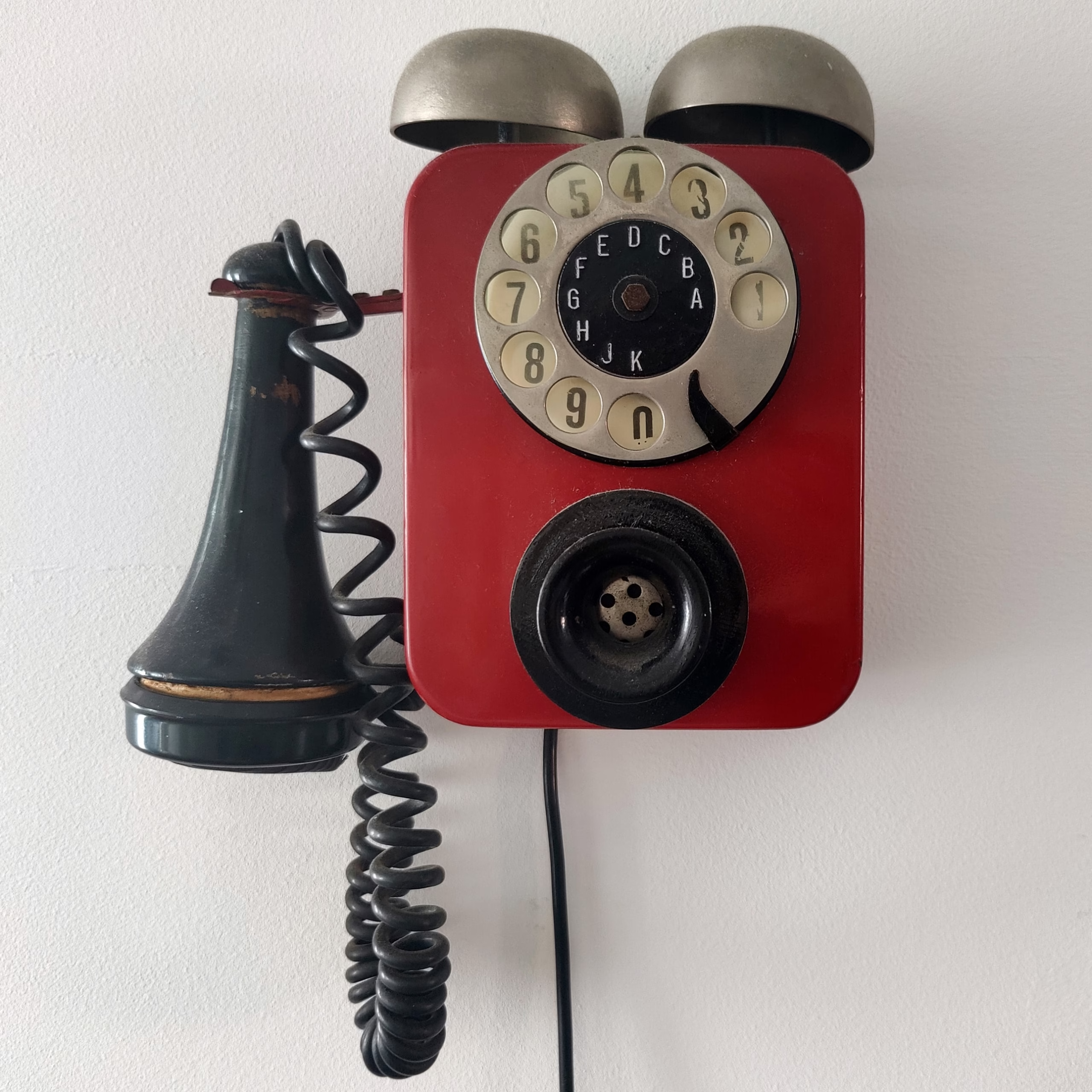Different stages in life will bring different questions and considerations. If you’re closely connected to your family, this might bring certain fears that are different from people who don’t have support from their family for making this decision. I create a safe space where you can reflect on your circumstances and make the right choice for you.
The emotional specter that might accompany a move is broad. You might be excited and anxious. Confident and unsure. Inspired and exhausted. That’s completely normal. On this page, you’ll find common questions and concerns people ask themselves before and after relocating — collected from real experiences of expats, families, and international professionals.
These are not problems to fix, but invitations to explore. And coaching can help to make sense of all the challenges.
Fear, Anxiety & Emotional Readiness
“Should I go? And what if it doesn’t work out?”
You’ve stood at the edge of the decision long enough to feel its weight. Sometimes it feels thrilling. Sometimes terrifying. One day, you imagine the new city with wonder—the next, you imagine it all falling apart.
Your heart might race with excitement and ache with doubt at the same time. You scroll through visa rules while replaying what you’d be leaving behind. Maybe you’re carrying your dreams in one hand and your family’s fears in the other.
That doesn’t mean you’re weak. It means this decision matters. It means you care.
And somewhere beneath the fear, there’s a voice that’s still curious. Still reaching. That’s the one we’ll follow—at your pace, on your terms.
What happens if I regret this move?
I am afraid to go all alone to a new country.
I’m about to move but I’m afraid to leave my family behind.
I have a good opportunity to move, but I am afraid to uproot my family.
I have an opportunity to relocate for a limited period, but I’m afraid of what will happen after.
I want to move, but I’m not sure if I will succeed there.
Every individual faces unique challenges and personal obstacles. By working together, we can explore your specific circumstances, identify your concerns, and uncover the insights you need to confidently move forward and make informed decisions.
Language, Communication & Confidence
“I’m scared I won’t be able to express myself or belong.”
You have so much to say—but the words come out differently here. You know what you mean, but it doesn’t always land. You rehearse small talk in your head, then freeze when it’s time to speak. You worry your accent says more than your sentences do.
You’re not alone in this. Language isn’t just vocabulary—it’s courage. It’s connection. It’s the willingness to show up, even when you don’t have the perfect words.
This isn’t about mastering every tense. It’s about finding your voice again—piece by piece—until you feel like yourself, even in a language that’s still becoming yours.
How can I encourage myself to start talking in a new language?
What if people judge my accent or misunderstand me?
How can I build the confidence to speak up in unfamiliar situations?
How can I build the confidence to speak up in unfamiliar situations?
I feel dumb when I can’t express myself properly. How can I reframe that?
As we explore this together, we’ll look at how language learning can be an empowering process rather than a barrier. It’s not about getting every word right—it’s about making yourself understood and feeling more at ease in your environment. We’ll clarify your personal goals, explore learning strategies that suit your style, and identify practical steps that can help you feel more confident and connected in a new linguistic and cultural space.
Identity, Belonging & Culture Shock
“Who will I be in this new culture?”
You expected new streets, new sounds, new ways of living. But you didn’t expect how much it would shift your sense of self. One moment, you’re excited by the chance to reinvent. The next, you miss a version of you that made more sense back home.
You’re not lost—you’re expanding. Culture shock isn’t just about discomfort; it’s about the mirror it holds up. You start asking bigger questions: What do I want to keep? What can I let go of? Who am I becoming?
This isn’t about choosing between where you came from and where you are. It’s about weaving them together into something that feels true.
How do I prepare mentally for culture shock?
How can I maintain my identity while integrating into a new culture?
What if I start losing touch with who I was back home?
By preparing mentally before the move, you can give yourself space to explore these questions gently and on your own terms. Together, we can look at what parts of your identity feel essential to you, where you might want to grow or experiment, and how to navigate culture shock in a way that keeps you feeling grounded. The goal isn’t to choose between belonging and being yourself—it’s to find ways to do both.
Daily Life Adjustment & Resilience
“I’ve moved. Now what?”
You unpack the boxes, memorize your route to the market, learn which way the light falls through the new windows. On paper, the move is done—but inside, things still feel unsettled.
You’re not just learning a new city. You’re learning a new rhythm. A new version of yourself. And some days, even brushing your teeth feels like a tiny act of courage.
Resilience isn’t about pretending everything’s fine. It’s about giving yourself time. About turning small routines into steady roots. It’s about showing up—tired, uncertain, hopeful—and slowly building a life that feels like your own.
What are effective coping strategies for relocation stress?
How do I give myself permission to rest and adjust?
How do I structure my days to feel stable in the unknown?
How can I stay motivated when everything feels unfamiliar?
How do I manage emotional overload from constant newness?
Relocation stress is real, and it’s okay to feel off balance for a while. Together, we can explore effective coping strategies that support your energy, mental health, and sense of purpose. We’ll also look at how to structure your days in a way that reflects your needs—so you can feel more steady, motivated, and at home, even while everything around you is still taking shape.
Relationships, Connection & Support Systems
“I don’t want to be alone in this.”
At first, it feels like a blank slate. A chance to meet new people, build new connections. But after a few weeks, the novelty wears thin—and what you really miss is being known.
You miss the comfort of people who understand your shorthand. The ease of inside jokes. The feeling of being seen without needing to explain yourself.
It takes time to find your people in a new place. But connection is possible. Even across cultures, even across time zones. Whether you’re reaching out or reaching back, you’re allowed to crave closeness—and coaching can help you explore what belonging looks like now.
How can I build a support system in a new country to combat loneliness?
What if I don’t connect with locals or expat groups?
How do I navigate friendships or dating in a new culture?
How do I manage parenting or partnership challenges during a move?
How can I share my experience without overwhelming friends/family back home?
How do I stay emotionally connected with loved ones across time zones?
Together, we’ll look at what connection means for you and how you can create relationships that nourish and support your experience abroad. Whether you’re craving community, struggling with loneliness, or simply want to feel more anchored in your new surroundings, we’ll explore practical steps and emotional strategies to help you feel less alone and more connected—even before you feel fully at home.
Want to take the next step?
Here are a few places you can explore to get to know me and my approach better:

About me
I’ve relocated myself, multiple times in different stages of life.

My Coaching Style
Curious about what working together looks like?

Let’s Connect
If this resonates, head over and book a free intro session.
